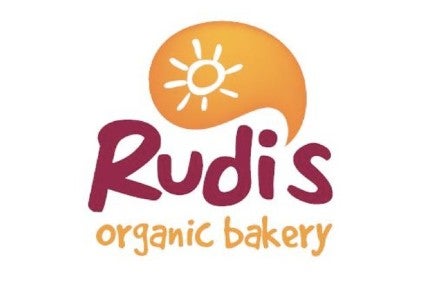
Hain Celestial revealed it has sold another brand and wound up three others as part of an ongoing strategy to simplify its portfolio and boost margins.
Mark Schiller, the chief executive of the US food group, said on a post-earnings call with analysts last week Hain has disposed of the Rudi’s organic bakery business, a transaction conducted after the end of the company’s third quarter through to 31 March. The buyer was not disclosed.

Discover B2B Marketing That Performs
Combine business intelligence and editorial excellence to reach engaged professionals across 36 leading media platforms.
Results for the period, issued last Thursday (7 May), showed sales rose 1% to US$553.3m, but were up 6% when currency effects, divestitures and its SKU rationalisation programme were excluded. Hain also raised its guidance for the year – bucking the trend among many food majors of pulling the outlook – due to benefits reaped from retail demand on the back of the coronavirus crisis.
Rudi’s is the latest disposal to emerge from a SKU rationalisation project that still has further to run, according to Schiller.
The CEO also said Hain has “started shutting down several brands that lack scale and profitability” – gluten-free pasta business De Boles, the organic snack brand Little Bear and Gluten Free Grocery – which together generated annual sales of just $4m.
Hains most-recent business disposals include Casbah and Europe’s Best, both based in Canada, manufacturing Mediterranean prepared mixes such as couscous and frozen fruit and vegetables, respectively.

US Tariffs are shifting - will you react or anticipate?
Don’t let policy changes catch you off guard. Stay proactive with real-time data and expert analysis.
By GlobalDataSchiller said the portfolio rationalisation exercise has now eliminated around 200 SKUs amid Hain’s “continuing plan to simplify the business and improve our margins and growth potential”.
The CEO said Rudi’s, Casbah and Europe’s Best together generated about $30m in sales and EBITDA of $1m, but “they consumed a disproportionate share of management time and added supply-chain complexity”.
While the portfolio downsizing will continue, Schiller said it will be less pronounced given the project has been going on for a few years. He added: “We have taken out a huge amount of unproductive SKUs that add a lot of complexity. And that is part of why you see the margins, particularly on the get better brands, improving so much.”
The 11% third-quarter EBITDA margin was the highest since the company’s 2018 fiscal year, the CEO noted.
“We benefited from the current pandemic. But it is important to note that we were on-track to deliver promised improvements based on our performance in the first two and a half months of the quarter before the pandemic really changed behaviour,” Schiller explained.
Schiller also provided an essence of the business environment Hain anticipates as Covid-19 continues to progress. E-commerce has seen good growth during the pandemic and that growth is expected to continue, while the private-label part of its business is likely to see a benefit as the world enters recession.
The CEO noted how 30% of its European business is concentrated in private label, “so we actually will be a beneficiary of the lower-income consumers who trade down”.
He continued: “As we look forward, our focus has shifted to the reopening of the economy and its quest for a new normal. While we anticipate some eating occasions will migrate back to out-of-home as economies open, we are focusing on several important trends that will help us continue to grow.
“These include e-commerce growth, where we have tremendous strengths and relationships, new triers for many of our new products, the cash-strapped consumer seeking better value, increased cooking at home, and new consumer sentiment and value.”





